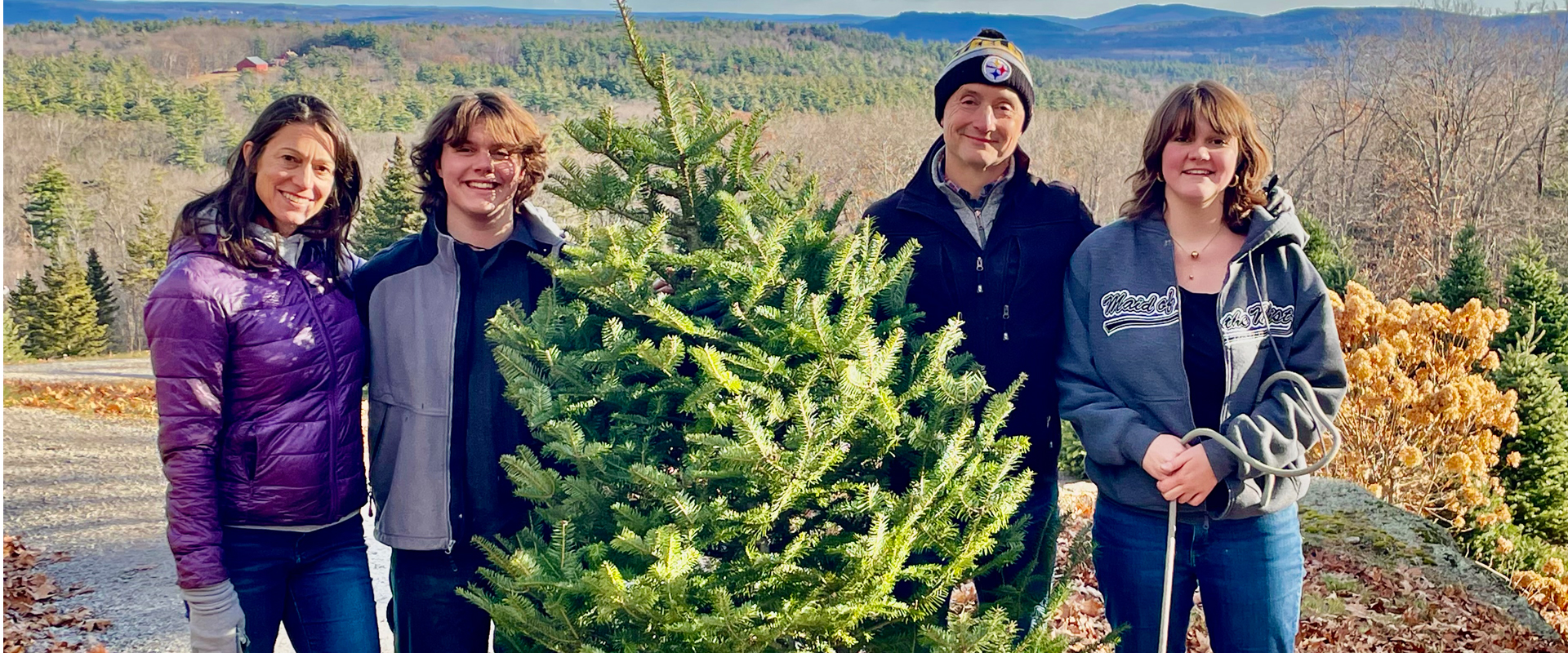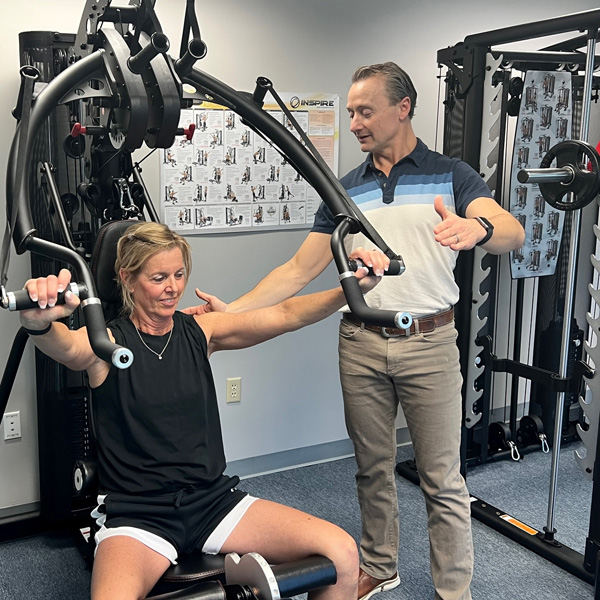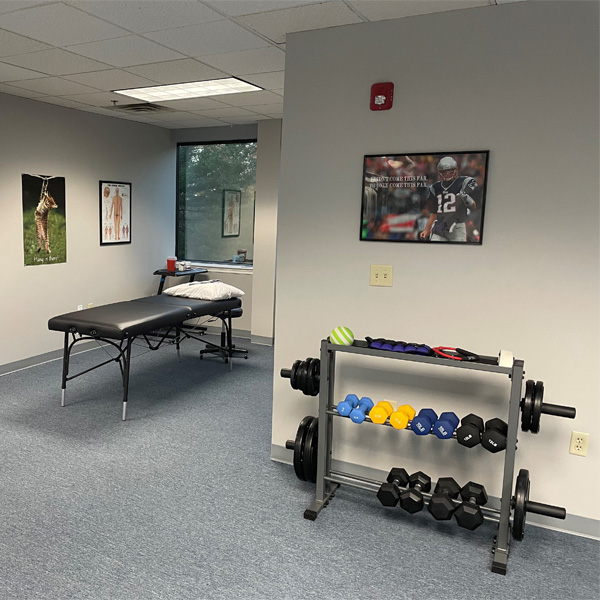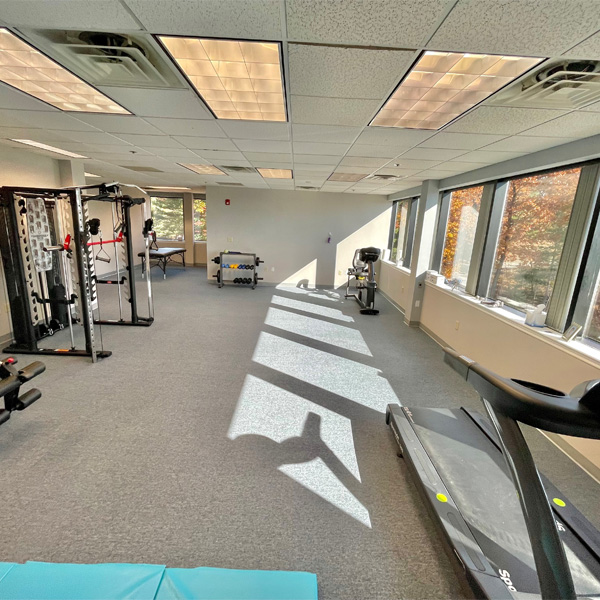Ben Biskovich Nashua NH Physical Therapist
My name is Ben Biskovich (rhymes with “disco bitch”). I believe the two most fascinating things in the world are the human brain and the human body. I earned my BS in Psychology in 1996 and my Master’s in Physical Therapy in 2002, both from the University of Washington. I put myself through undergraduate at UW administering Superslow® high-intensity strength training programs in a Nautilus gym in North Seattle. The protocol genuinely produced maximum results in no more than 20 minutes twice/week. It’s a very uncomfortable 20 minutes, but that’s what works. I learned that the magic happens just outside your comfort zone. Under the mentorship of the great, and unfortunately late, Greg Anderson, I learned how to teach people how focus and “embrace the pain” and get more out of their bodies than they ever thought was possible.
I convinced dozens of soft, beer bellied office workers and post-menopausal women to get off the Stairmaster, start lifting weights, slow down and go to failure to raise their basal metabolic rates, lose fat and get healthy.
In early 1996 a client brought in their 90 year old Uncle Bob because he had fallen a few times in the last couple of months, even after taking anti-vertigo medicine. She thought he was just weak. He initially came in with a walker, looking like Tim Conway, slow. He was so slow and unsteady, we only had time for three exercises, leg press, compound row and bench press. He worked hard and his body responded. Within 6 weeks, he came in with a quad cane. Two weeks later a single point cane. A couple of weeks later, no assistive device, a hop in his step, a sparkle in his eye and he was speaking better. I filed that experience away for later.
In the late 90’s, between undergrad and grad school, I taught and monitored exercise programs at a busy out-patient Physical Therapy clinic in Vancouver, WA prior moving back up to Seattle in 2000 for PT school. Intrigued by Bob’s results, in 2002, I wrote my master’s thesis on High Intensity Strength Training in the Elderly Population.






